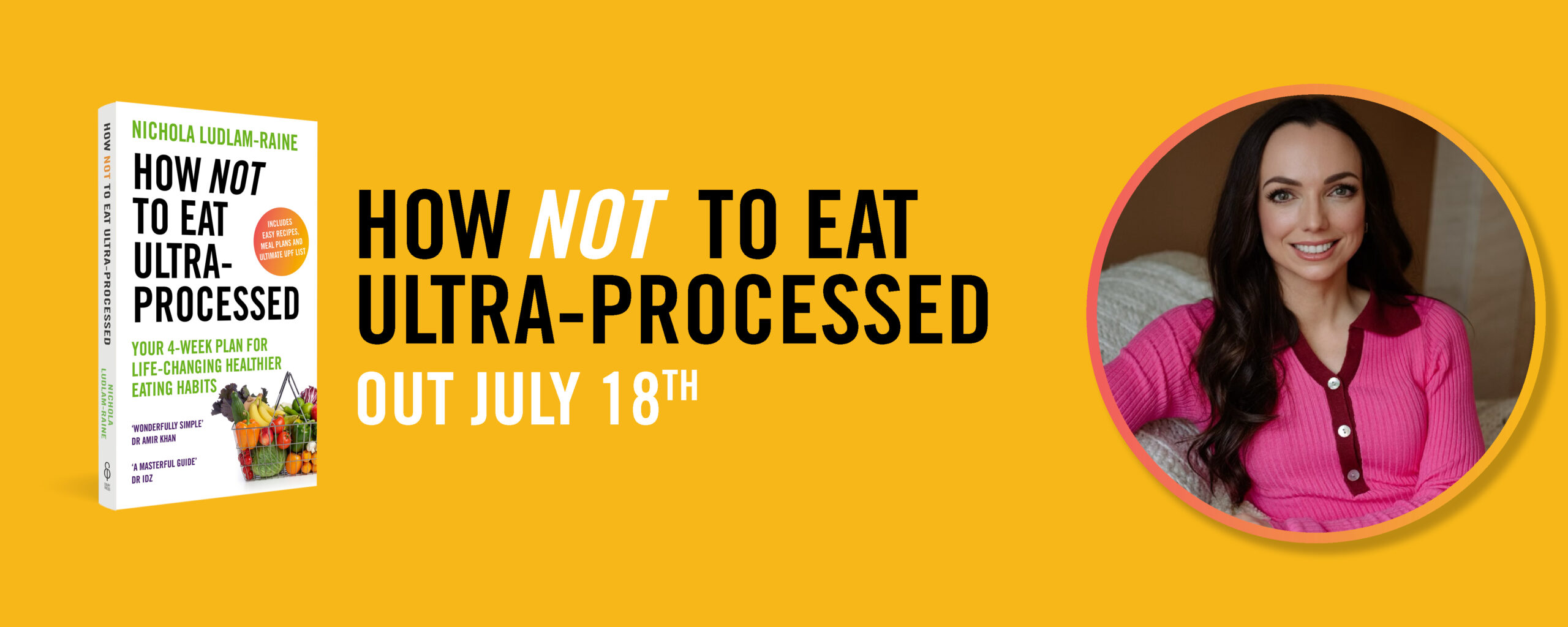
The answer is most certainly yes, and here is what to do about it.
Last week was ʼmental health awaresness weekʼ and the theme, set by the Mental Health Foundation, was Movement: moving for our mental health – inspiring us to find something that moves both our body and mind.
The relationship between our mental and physical health is incredibly complex, and can often intertwine with one another without us knowing. Stress is a feeling that we all experience as part of our everyday lives where we may feel overwhelmed or unable to cope with a certain situation – no matter how big or small it seems to us. Although this is commonly associated with having a negative impact on our mental health, it can have implications for our physical health too.
In the short-term, stress can help with focus and memory, and cortisol secretion can also provide the ‘fight or flight’ response that we require in times of need or danger. However, chronic stress (over a long period of time) can increase the risk of gastrointestinal (gut) disorders, cardiovascular disease and type 2 diabetes, as well as suppressing our immune function. Stress can also cause your sleep to be disturbed, which can in turn increase your appetite (for more information check out the Impact of sleep on mental health blog post on the Simba website).
As well as a potential appetite increase, for some people – stress can provoke the opposite effect and even reduce our appetite. This can then lead to a vicious cycle of feeling stressed about over or under-eating, feeling anxious about what to eat or choosing specific foods that comfort us when feeling stressed, worried or down. It can be easy to think that we lack willpower in these situations, however it’s important to remember that it’s a natural human reaction to turn to things that comfort us in times of need – so this isn’t necessarily always a bad thing, it just means we’re human!
However, If you feel like your own coping strategy may not align with your best interests – for example, if you’re trying to lose/maintain weight but you know you regularly have more energy dense foods when you feel stressed, then it may be time to explore some different options, too.
Often, when we’re feeling stressed we need that feeling of instant gratification or satisfaction which can explain why some people opt to have a cigarette if they smoke, or an alcoholic drink after a hard day at work – as it’s quick and easy to do. To reduce this happening with food, we can first look at some strategies to reduce the risk of a build up of stress or anxiety, which may in turn cause us to eat more (or less).
- Practice mindfulness – Take time to breathe before making any decisions! Shorter inhales and longer exhales can help to stimulate the parasympathetic nervous system, helping us to feel calmer. The box breathing technique (breathing in for four, holding for four, breathing out for four, and holding for four) can be done anywhere, and for any length of time that you feel works for you.
- Slow down your exercise routine – We don’t need to be doing large amounts of high intensity workouts throughout the week, HIIT style exercises can even increase stress on the body so take caution if you’re feeling stressed and doing this regularly. Research has shown that yoga (especially gentle, hatha style yoga) can be beneficial to reduce chronic stress, and even reduce IBS symptoms. Try to get some fresh air every-day for a walk which can help to release our mood-boosting chemicals (endorphins) and improve our mental and physical well-being in the long-term.
- Take some time out – If stress feels like it’s starting to build, go for quick power walk on your lunch break, read a chapter of a book, or do something to take your mind off the situation like a quiz or a puzzle, or something non-food related that makes you feel good, like a bubble bath if you can!
- Prepare – If you’re too stressed to eat, or feel stressed thinking about what to eat after a long day, try to think about preparing meals/snacks for the week ahead to make the decision easier for you. Even a quick balanced smoothie with fruit, oats, milk, yoghurt, nut butter & a handful of spinach is better than nothing!
I really hope this blog post helps you if you’re feeling overwhelmed right now.
This blog post was written in collaboration with Simba.
